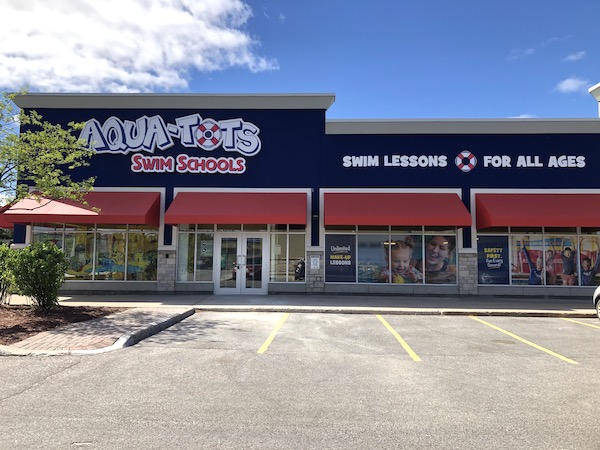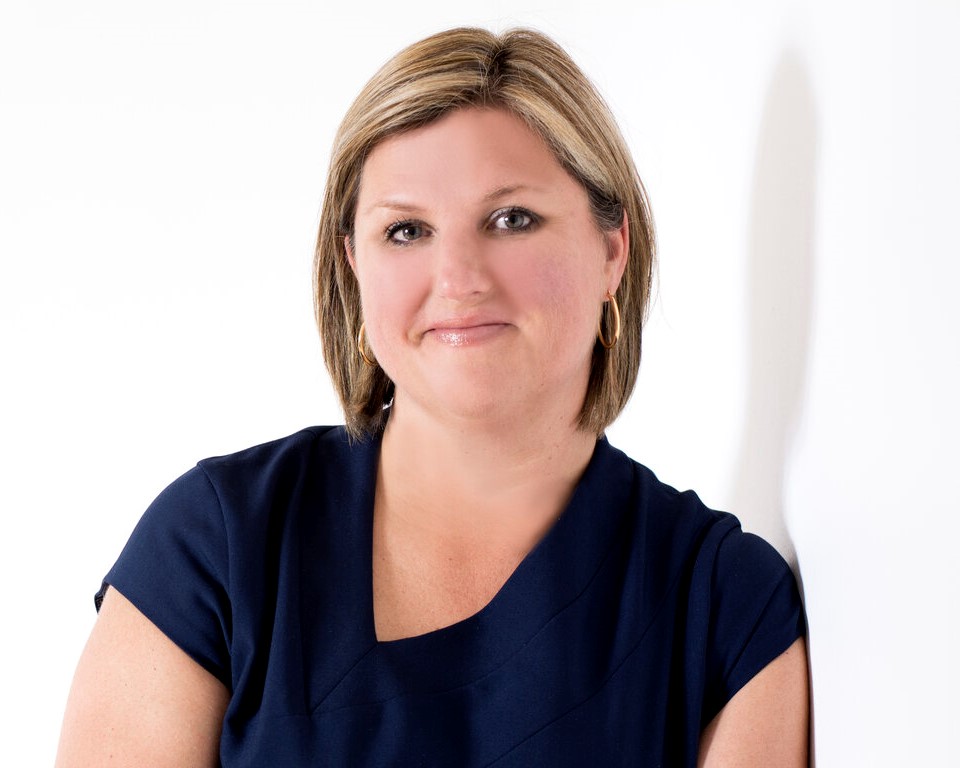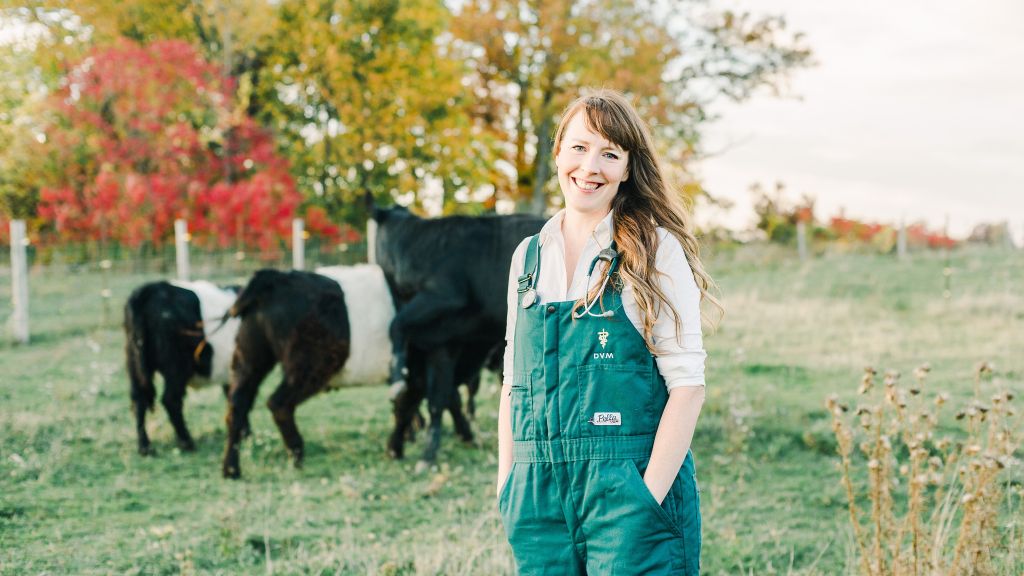Published June 6, 2022 • 8 Min Read
Taking the leap from idea to action requires courage, imagination, preparation and foresight. The panellists in the “Your First Years in Business: From Surviving to Thriving” webinar have these qualities and more. In the session, they shared how they get started, why they got started, how they managed when times got tough and how they’ve ultimately grown their businesses into established success stories.
Andrew Zuk is the Founder and CEO of Plantworthy Food Inc., a plant-based food business he started in 2017 when he discovered there was a gap in convenient, healthy ingredients for plant-based cooking. Always on the lookout for solutions that would match his engineering background, he applied his problem-solving skills to starting a business.
Mai Eilia is the owner of Magnum Construction Services, an interior design and home renovation service business. After renovating her Vancouver, B.C. condo in 2016, Mai felt she could provide something better, with greater transparency and a more satisfying customer experience. With the renovation industry booming in Vancouver, she spotted an opportunity.
Shelagh Cummins is CEO and Founder of The Road to Seven, a company that coaches established women entrepreneurs on how to scale and grow their businesses. With a background in teaching and the ambition to do something different, Cummins started and grew her idea into a successful and in-demand business that helps entrepreneurs build traction and achieve results.
Taking the first step
Specific steps are needed to move from spotting a potential opportunity to acting on it. For all three entrepreneurs, the trick was taking the first one.
For Zuk and Eilia, the first step involved research. Zuk, for instance, sought feedback from a variety of Facebook groups about his idea. “People said, ‘This is something I would enjoy and would make my life easier.’ So that made me realize there might be something there,” he says. Prior to launch, he did some crowdfunding to see if people would in fact buy into the idea — doing so validated his concept.
Eilia, meanwhile, began by researching the market. As a Newcomer to Canada, she began by learning the industry, the competition and the pricing. She felt a mid-market company with reasonable prices and great service was both missing and would in high demand.
Not quite sure what she wanted to do, Cummins started with the need to make money and tried a variety of business ideas. For aspiring entrepreneurs, she says where you start doesn’t need to be where you end up — just starting something is a crucial first step. She encourages business owners to start with a Minimum Viable Product (MVP). “It’s important to remember that the MVP is where you start, but there’s nothing permanent about it. It doesn’t have to be where you end. If you don’t just try something, you’ll end up in the ideation phase forever.”
Mentorship can help get you over the bumps
A key element in starting and running a business is the opportunity to benefit from someone else’s successes, experiences and setbacks. All three panellists reveal that mentors played a critical role in their ability to move their business forward.
Mai Eilia’s mentorship journey began with Futurpreneur. She came across the organization as she sought financing and a mentor to help with the financial side of her company. “They paired me with someone who helped me with financials and it evolved into the whole organization becoming my mentor. It hasn’t just been the business side of mentorship, but the emotional support they continue to give is a big deal for me,” she says.
With Zuk’s background in engineering, consumer packaged goods and retail distribution were areas he knew little about. He joined an accelerator for consumer packaged goods along with nine other companies that were new to the industry. They assigned a mentor who works at one of the biggest food distributors in Canada and was able to offer her perspective and insights into an industry he wouldn’t have otherwise had access to. He was also referred to Futurpreneur who provided both financing and mentorship support. “I now have a new mentor that I bounce ideas off every couple of weeks — it’s been great to see how he looks at and solves problems,” says Zuk.
As part of setting up a mentor/mentee relationship, the panellists agree that establishing norms — such as how often to meet, what you’ll talk about and what you both expect out of the relationship — is important from the outset.
Challenges are part of the journey
While mentors can help guide you through their own experiences, business owners, especially in the early days, will still face challenges. The trick is to find efficient ways to respond to them.
Eilia’s primary challenge was not knowing the industry very well. “It took me almost a year to grasp the industry, where the weak links were and how I could tap into the market,” she explains. She started reaching out to other companies, pretending to be a customer, to test out their services. She reveals she doubted herself a great deal, wondering whether she should have spent more time exploring the country first — but back to the mentorship point, her mentor helped her overcome the challenges she faced. “It wasn’t an easy journey, but it has been very rewarding,” she says.
Zuk’s primary challenge came with sourcing equipment. “We bought some packaging machinery from overseas, but there are pros and cons to that,” he explains. “There are supply chain issues in terms of freight costs, duties and customer service. What I’ve learned as we’ve grown is that it’s definitely worth bringing everything as close as possible to Canada. There’s something about building that relationship, and if something is not working as it should, you can reach out and talk to a local supplier.”
Hiring staff strategically
Growing and expanding a business is a big decision — hiring that first employee and giving up that first bit of revenue and control can be tough. Cummins recommends ensuring that whomever you hire as you expand ends up being a profit centre, not a cost centre. She cautions against hiring someone who will just make your job easier.
“The best rule of thumb is to hire someone who is going to help you make money,” she says. “So hire what I would call a revenue centre in your company — someone who is either going to help you with fulfillment or manufacturing, for example. Sometimes the most strategic hire is someone who can help you with marketing — someone who is going to help increase the deal flow so you have more revenue coming in, so you can then make another strategic hire.” She admits the tricky part is that it’s going to cost you more in the short term, which can feel risky. “So that’s where you have to do the due diligence and make sure you’re making the right investment.”
Zuk decided to hire a third party to start manufacturing their products, which gives them a throttle they can pull up or down to meet their volumes. This move helps them meet the demands of their bigger retailers and keep other work in-house that makes more sense for Plantworthy Food.
Eilia looked closely at her finances and examined how much she was paying for subcontractors. She realized she would save money by hiring full-time employees — but it wasn’t a decision she took lightly. “Having staff essentially means an owner is responsible for providing their staff’s livelihood, so I take it very seriously. I recommend you not only hire people who are the best in their field but also those who are on the same page as you. People who share your vision for the company and want to grow it bigger with you.”
“What’s one piece of advice you’d share with your younger self?”
“Know yourself really well,” says Eilia, advising that when you know what you want in both life and in business, you can achieve success. “Entrepreneurship isn’t for everyone. So to go down this path, you need to ask yourself what you want in life and where you want to be in the next ten years. Just talking about it and dreaming about it is not enough.”
Zuk highlights the importance of taking small steps at a time, so as not to get overwhelmed with the final goal. “If you look at the next task in front of you, you’ll be really surprised what you can end up doing.”
Cummins shares the need to celebrate wins, big and small, saying that giving yourself credit is very important. “We often look forward to seeing how much further we need to go. But we forget to stop and look behind us to see how far we’ve come,” she explains. “There are small wins everywhere — we have to train ourselves to see them.”
Starting a business is hard — but learning from the experiences of others can help make it easier. Watch the full webinar for the whole conversation and learn first-hand from entrepreneurs who have taken the key steps to start, nurture and grow their businesses.
Watch Webinar (passcode: RBCsmallbiz)
This article is intended as general information only and is not to be relied upon as constituting legal, financial or other professional advice. A professional advisor should be consulted regarding your specific situation. Information presented is believed to be factual and up-to-date but we do not guarantee its accuracy and it should not be regarded as a complete analysis of the subjects discussed. All expressions of opinion reflect the judgment of the authors as of the date of publication and are subject to change. No endorsement of any third parties or their advice, opinions, information, products or services is expressly given or implied by Royal Bank of Canada or any of its affiliates.
Share This Article






